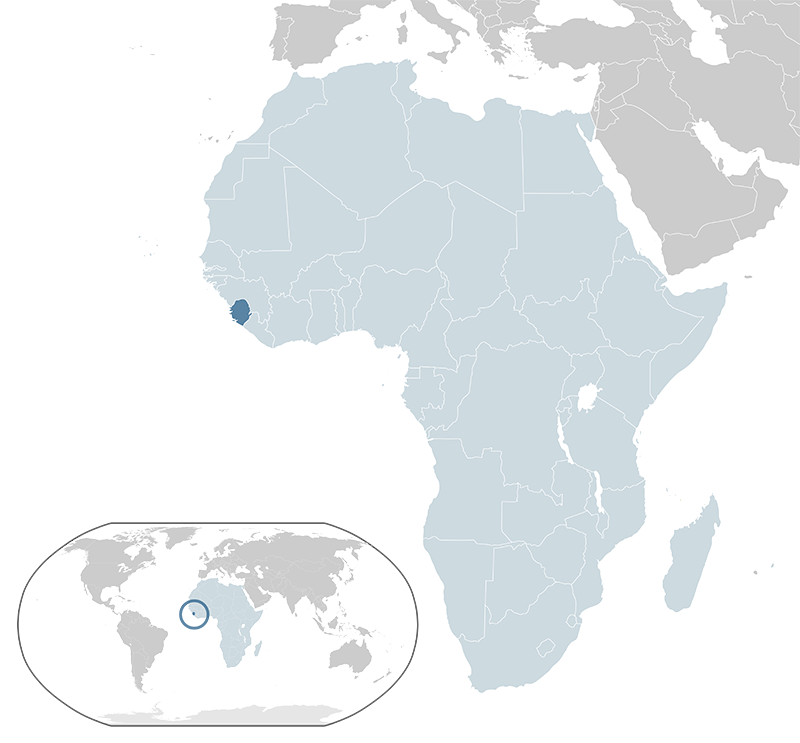
- Population:
- 8,642,000
- Religion:
- Islam
Sierra Leone was a center of the transatlantic slave trade before becoming a British colony for freed slaves in the 18th century. It gained independence in 1961 but suffered a brutal civil war (1991–2002). The country has since rebuilt, focusing on economic recovery, though challenges like poverty persist.
Sierra Leone is a country on the southwest coast of West Africa, bordered by Guinea to the north and east, Liberia to the southeast, and the Atlantic Ocean to the west. Covering an area of approximately 73,252 square kilometers, it has a population of about 8.9 million people as of 2023. The capital and largest city is Freetown. The official language is English, with Krio serving as the lingua franca, spoken by 97% of the population. Sierra Leone operates as a unitary presidential republic. The economy is primarily based on mining, particularly diamonds, agriculture, and fisheries. The country is known for its rich cultural diversity, with numerous ethnic groups, and its natural resources. Sierra Leone has faced challenges, including a civil war from 1991 to 2002, but has made progress in peacebuilding and development. The country is a member of international organizations such as the United Nations, the African Union, and the Economic Community of West African States.






